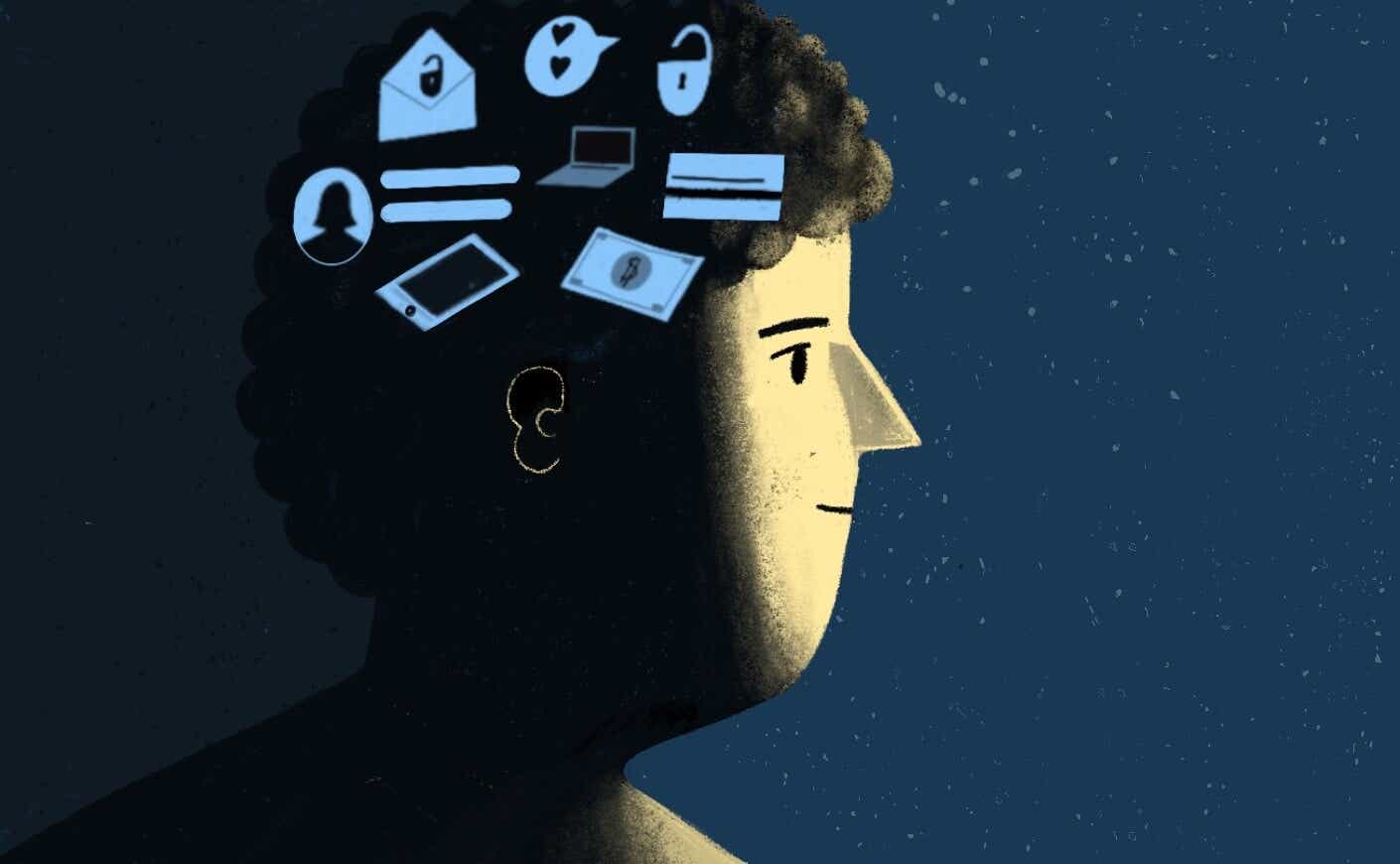For at least a week last summer, the internet was obsessed with a two-part Vanity Fair series called “Scene Stealer.” The feature is chock-full of juicy details about the alleged lies spun by prominent Grey’s Anatomy writer, Elisabeth Finch, who over the course of several years tricked her friends, family, and colleagues into believing that she suffers from a rare form of cancer. She even modeled a character on the show after her fictitious illness and allegedly lifted the traumas of a woman, who Finch had met in therapy and later married, as her own harrowing experience of abuse — all to gain a leg up in the writer’s room and win the sympathy of those around her. Over time, Finch’s lies grew, becoming more and more absurd, until her fraud was revealed.
As a culture, we can’t seem to get enough of con artists. In recent years, we’ve made them into bona fide celebrities, from Anna Sorokin/Delvey, the fake heiress who conned New York City’s elite, to former Theranos founder Elizabeth Holmes. Their brazenness is stunning and their comeuppances, like car crashes, are hard to avert your eyes from. All of it makes you wonder, What kind of person would do something like this?
Fraudsters like Finch are exceptional, and in more ways than one. They’re driven by pure self-interest, lacking the “moral or religious brakes” that stop the majority of us from routinely lying, cheating, and stealing, says Thomas Plante, Ph.D., psychology professor at Santa Clara University. They often construct rationalizations that allow them to mercilessly carry out their scams, even when it comes at the great personal expense of a victim, he tells KCM.
In some cases, they may have a psychiatric condition, like antisocial personality disorder, which is characterized by qualities like impulsivity, aggression, and a lack of empathy, Dr. Plante says.
“They’re able to see people as objects to use for personal gain,” he says. “There’s no remorse and they can easily justify their behaviors using various kinds of psychological gymnastics.”
Narcissistic personality disorder is also common among grifters, and particularly among those, who, like Finch, fake an illness. As the label suggests, people with the condition crave being in the spotlight, and lying about their health in order to gain attention is not uncommon, Kristy Lee Hochenberger, Ph.D., writes in Psychology Today. Narcissistic personality disorder is thought to be common among those with Munchausen’s Syndrome, a rare disorder in which people lie about their health or even induce physical symptoms by poisoning, cutting, burning, or injuring themselves in some other way. That's similar to those with Munchausen's Syndrome by Proxy, through which someone lies about the health of someone else or even causes them physical harm. (That disorder was the subject of another feature, which also set the internet ablaze when it was published by Buzzfeed in 2016 and later inspired a Hulu drama.)
“They want the walk-a-thon in their honor or the Facebook fundraiser,” Dr. Plante says of narcissistic personality disorder. “They want the reinforcement, the love, the attention, and the sympathy.”
But are scammers wired differently than the rest of us? Neuroscientists have been trying to answer this question for decades — and have come up with some compelling results.
Over the last 20 years or so, researchers have narrowed in on the parts of the brain they believe are responsible for creating our sense of empathy. Several studies have been conducted on the brains of criminals, because of the high percentage of antisocial personality disorders among them. Researchers have found that people with the psychiatric disorder actually have less gray matter in the regions of the brain associated with empathy. Scientists theorize that this may contribute to their diminished capacity for remorse.
One fascinating study suggests that there may even be, what researchers have termed, an “empathy switch” among this population. When scientists showed videos of one person hurting another to inmates with antisocial personality disorder, the parts of their brains associated with pain barely activated. But when asked to place themselves in the shoes of the person being beaten, those neural structures lit up — indicating that they can “feel your pain,” so to speak, but unlike for most of us, it takes some effort.
The study paints a more complex picture of our potential for compassion, the lead investigator of the study told the BBC.
“They don’t lack empathy but they have a switch to turn it on and off,” she said. “By default, it seems to be off.”
Scientists are still drilling down on this topic, but the evidence appears to be growing that there’s a biological basis for how we generate a sense of interconnectedness that guides our moral development.
And when it comes to those who lie, cheat, and steal with abandon, Dr. Plante says it’s possible “their brains just work differently.”









